Description
Terminalia catappa also known as Sea almond or Indian almond which is perennial evergreen or dry deciduous, edible fruit and nut.
The Indian Almond Tree (Terminalia catappa) also called Sea Almond or Tropical Almond belongs to the untrue mangroves and is very well known because of its leaves for the use in aquariums. It grows upright and forms a symmetrical crown with horizontal branches distinctively arranged in tie
As the tree ages, the crown will become increasingly flattened and eventually take on a vase shape.Plant Specifications
| Plant Height | 19 inch (48 cm) |
| Plant Spread | 5 inch (13 cm) |
| Common Name | Badam, Indian Almond |
| Maximum Reachable Height | 30-40 ft |
| Flower Colour | White to pale green |
| Bloom Time | February to may |
| Difficulty Level | Moderately |
Planting and care
Badam Tree care
Plants are almost completely made up of water so it is important to supply them with adequate water to maintain good plant health. Too much water frequently deprives oxygen leading to plant diseases such as root and stem rots.
| Sunlight | Full Sun |
| Watering | Water regularly; do not overwater |
| Soil | Sandy, well-drained soil |
| Temperature | Hardy up to 4 degree C |
| Fertilizer | Young plants need extra phosphorus to encourage good root development. Look for a fertilizer that has phosphorus.Trees need to be fertilized every few yea |
Badam Tree uses
Ornamental Use:
- The Almond tree provides deep shade and has become a beloved ornamental tree in tropical gardens, parks and along streets
Medicinal Use:
- Leaf extract exhibited potent anti-diabetic effects and suppress bone weight loss in ovariectomized mice
- Ethanol leaf extracts displayed analgesic and anti-inflammatory activities
Culinary Use:
- The fruit and seed are edible
- Oil extracted from the dried nuts is edible and used in cooking in parts of South America
- Indian almond leaves contain several different flavonoids, including kaempferol and quercetin
- It is also rich in various tannins
- It is astringent and bitter

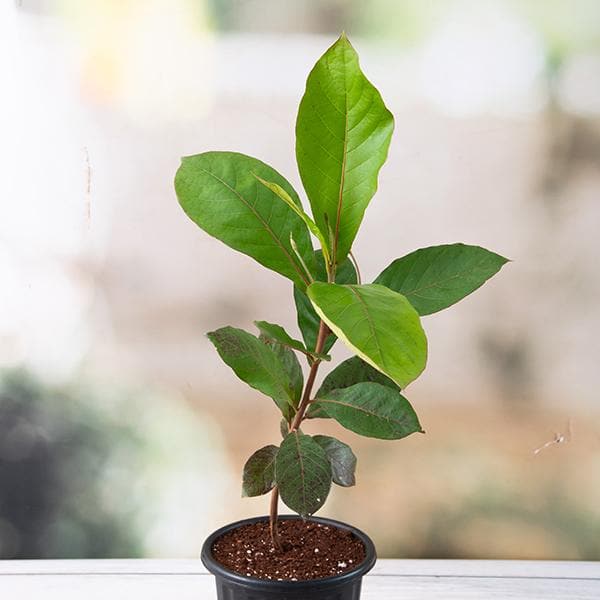
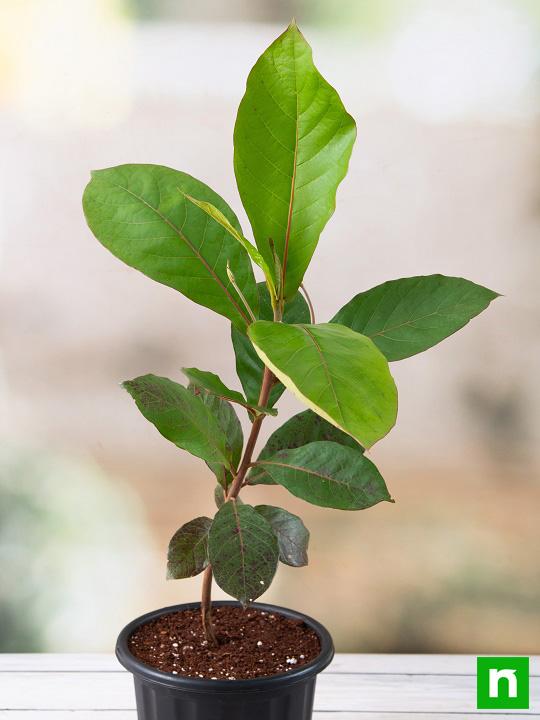
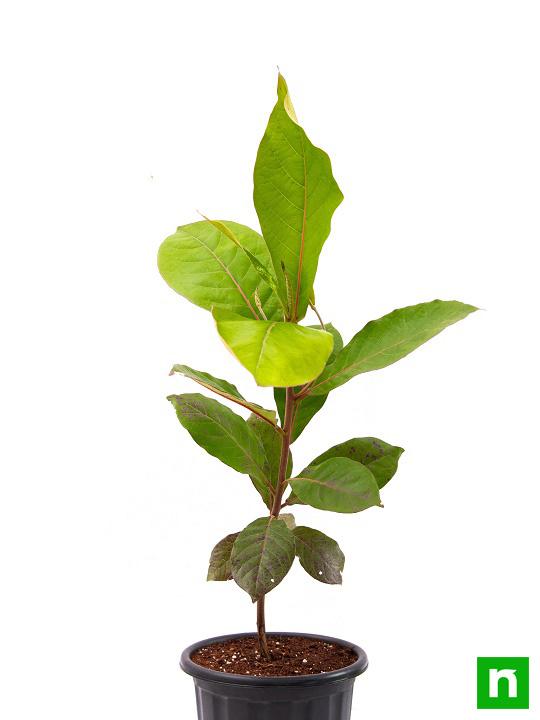
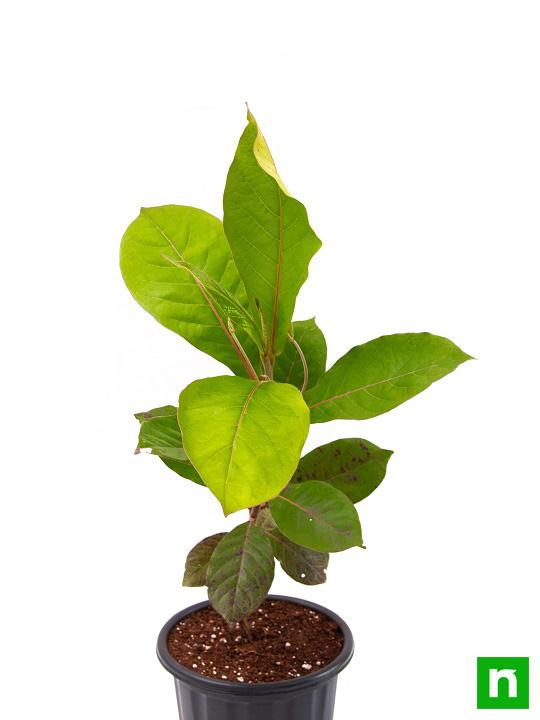
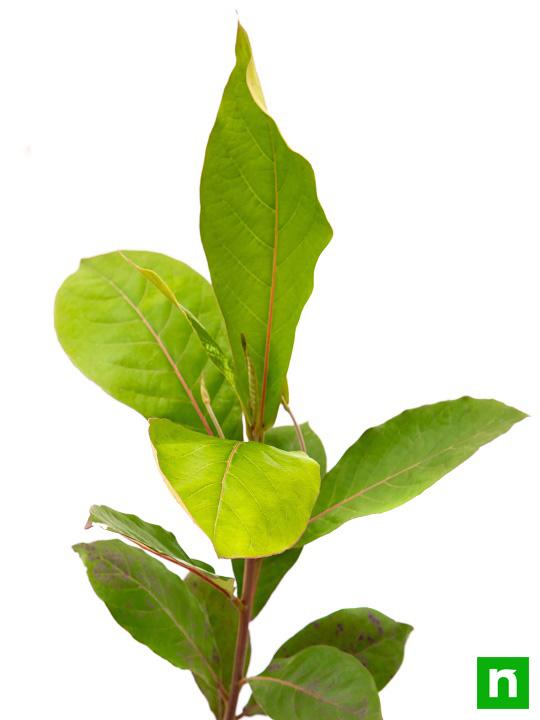

Comment